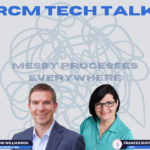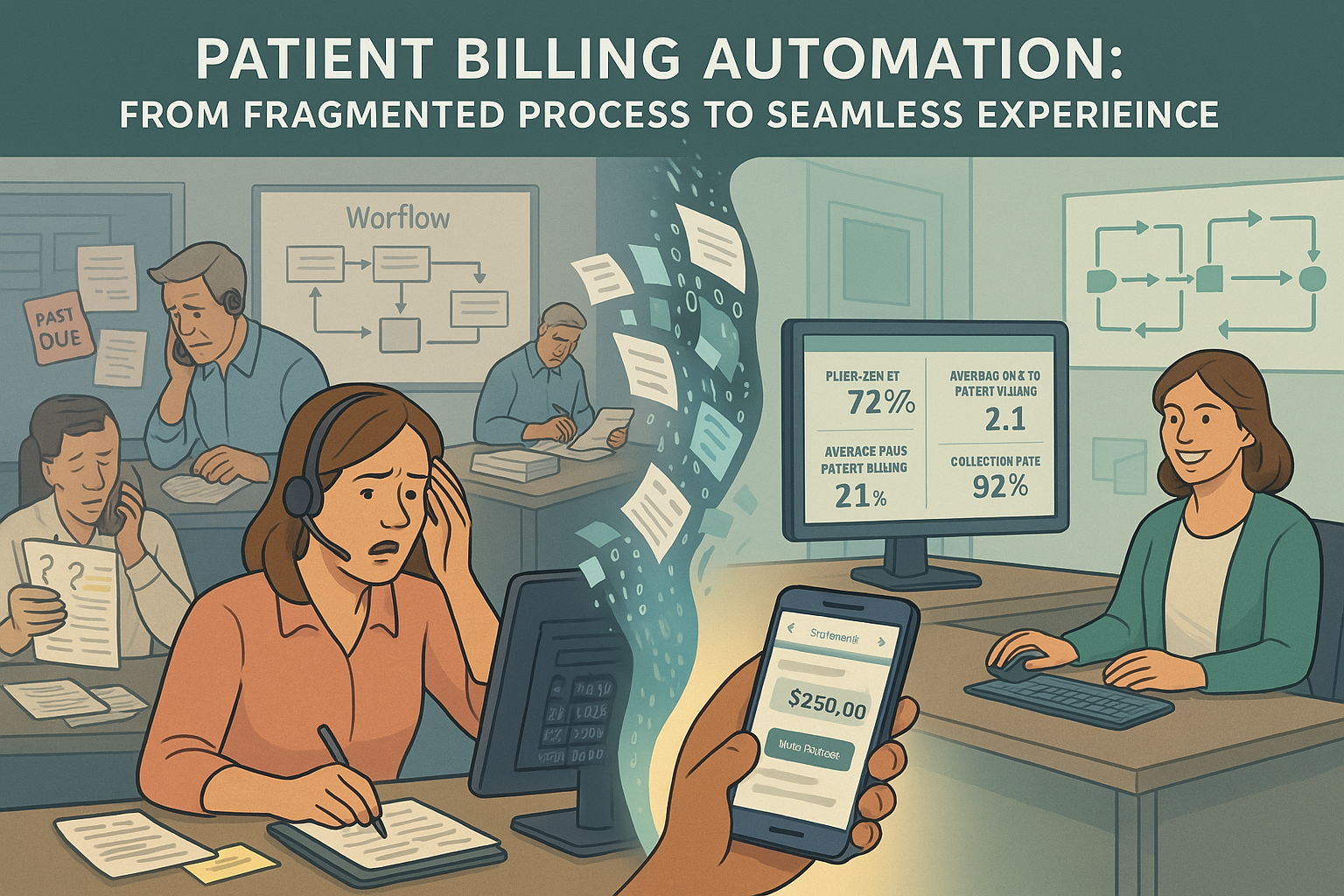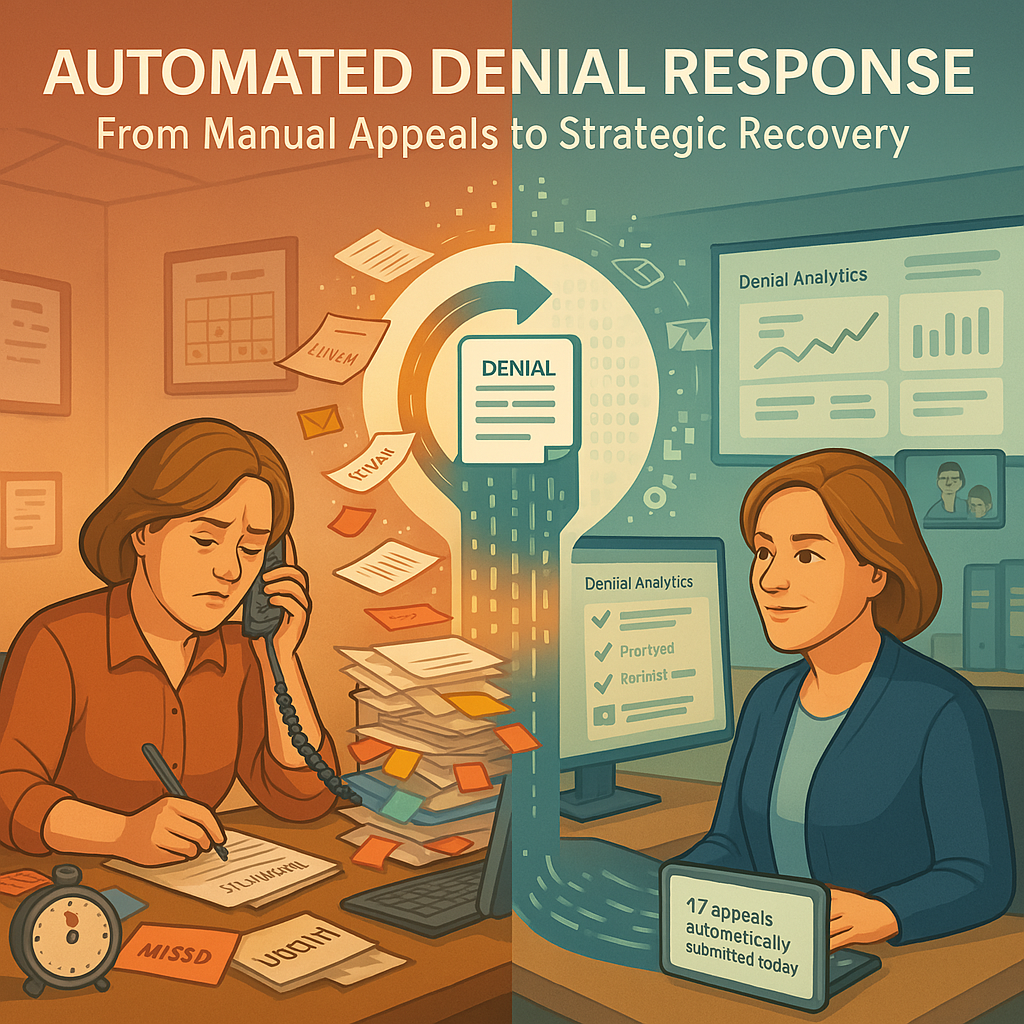Strategic Integration and Leadership in Healthcare Revenue Management
In the realm of healthcare, revenue cycle management (RCM) plays a pivotal role in ensuring the financial viability of healthcare facilities. However, the journey towards digital transformation and effective RCM practices is fraught with challenges, notably the siloed workflows that plague many organizations. This disconnect not only hampers communication but also limits the potential for holistic improvements across departments.
Breaking Down Silos for Better RCM
The issue at hand is not just the adoption of new technologies like denial management systems but also the broader problem of siloed operations within healthcare organizations. These silos create barriers to effective communication and understanding between departments, making it difficult for RCM teams to leverage tools efficiently or even recognize when better solutions are available. This lack of awareness and communication underscores the need for a more integrated approach to healthcare management.
Leveraging Advanced Analytics for Enhanced Insights
In the era of big data, RCM directors must harness the power of advanced analytics to gain actionable insights into financial performance, billing patterns, and revenue trends. By leveraging sophisticated data analytics tools, such as predictive modeling and machine learning algorithms, organizations can identify revenue leakage, optimize reimbursement processes, and mitigate compliance risks.
Implementing Robust Revenue Cycle Management Systems
A robust RCM system serves as the backbone of efficient revenue cycle operations. Modern RCM platforms offer a comprehensive suite of features, including claims processing, denial management, and patient billing. By automating repetitive tasks and streamlining workflows, these systems enable RCM directors to improve revenue capture, accelerate cash flow, and enhance overall financial performance.
The Critical Role of RCM Directors
RCM directors find themselves at the heart of this challenge, often without the voice or platform necessary to effect change. By including RCM directors in board meetings and decision-making processes, organizations can bridge the gap between high-level strategy and ground-level operations. Empowering RCM directors to share insights and shine a light on issues allows for a more informed approach to tackling the challenges within the revenue cycle.
Auditing and Understanding Current Processes
Before any significant change can be implemented, there’s a crucial need for a comprehensive audit of existing processes and workflows. This involves not just a cursory overview but a deep dive into the minutiae of every department’s operations. Understanding the current state of affairs, from the tools in use to the root causes of common issues like denials, is essential. This audit should culminate in a visual documentation of workflows, serving as a foundation for identifying areas for improvement and potential digital transformation initiatives.
From Reactive to Proactive: The Path Forward
The transition from a reactive to a proactive stance in RCM is not trivial. It requires a shift in mindset from addressing issues as they arise to anticipating and preventing them through strategic planning and the adoption of appropriate technologies. However, this shift cannot occur without first acknowledging the ground realities faced by RCM teams daily. By sitting “belly to belly” with those on the front lines, RCM directors can gain invaluable insights into the actual workings and challenges of their departments.
Empowering RCM Directors with Data
For RCM directors to effectively advocate for change, they must be equipped with data. This involves not only gathering comprehensive insights from an audit of current processes but also learning how to present this data in a digestible and interpretable manner. The ability to articulate the needs and challenges of the RCM department in a way that resonates with decision-makers is crucial for securing the support and resources needed for transformation.
Conclusion
The journey towards optimizing revenue cycle management in healthcare is complex, requiring a detailed understanding of current operations and a strategic approach to implementing change. By empowering RCM directors with the tools, voice, and data they need, healthcare organizations can navigate the digital transformation more effectively, leading to improved operational efficiency and better patient care. The first step in this journey is recognizing the value of those who manage the revenue cycle and giving them the platform to lead the charge towards a more integrated and efficient future.











